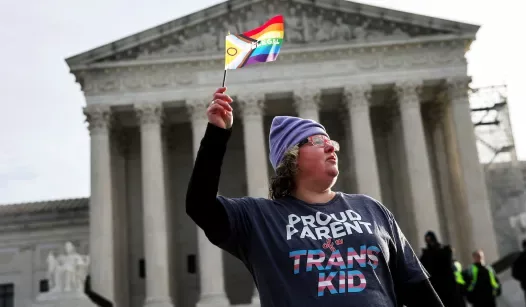In recent discussions surrounding free speech and gender identity, Colorado finds itself at a crossroads, particularly in the realm of therapy and counseling. The Supreme Court has expressed skepticism regarding state laws that limit therapists from offering counsel against gender transition. This legal uncertainty has sparked debates about the balance between protecting individual rights and ensuring access to comprehensive mental health care.
The implications of these discussions extend beyond legal frameworks; they touch on the very fabric of societal values and the role of mental health professionals in navigating complex issues of gender identity. As Colorado grapples with these challenges, it raises critical questions about free speech rights, the responsibilities of therapists, and the impact of legislation on vulnerable populations.
In the context of a rapidly evolving societal landscape, the Supreme Court’s stance suggests a potential shift in how states can regulate counseling practices, especially those related to gender identity. This skepticism could pave the way for broader interpretations of free speech rights, allowing therapists greater latitude in their practice. However, it also emphasizes the need for careful consideration of the ethical implications involved in counseling individuals questioning their gender identity.
As Colorado continues to navigate these contentious issues, the conversation surrounding free speech and gender identity remains vital. The outcomes of these legal battles will not only shape the state’s policies but could also set precedents for how similar cases are handled nationwide. For residents of Colorado and beyond, understanding the nuances of these debates is crucial, as they reflect broader societal attitudes towards gender, identity, and the rights of individuals to express their beliefs.
In summary, Colorado’s ongoing struggle with free speech and gender issues highlights the complexities of navigating personal beliefs in a diverse society. With the Supreme Court’s scrutiny of restrictive laws, the future of therapy practices and the rights of individuals seeking guidance in their gender identity remain uncertain, making it an essential topic for all who are invested in the intersection of politics, mental health, and civil liberties.
